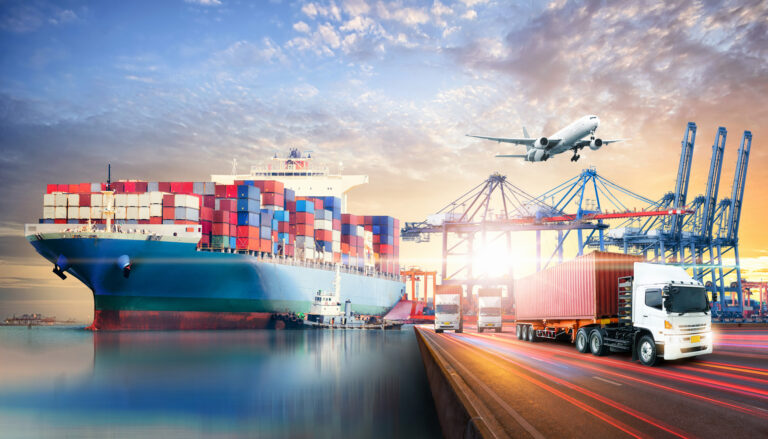Pipeline Protests causing major issues for Canadian transit
Major railway blockades have taken over Canada – causing Prime Minister Justin Trudeau to convene a meeting with ministers and members of parliament to map out a path forward. Fox News highlighted how thousands of rail passengers across the country were forced to cancel trips as environmental activists blocked major tracks across the country – what the Canadian Chamber of Commerce called an ‘emergency.’
The burdensome blockades are the activists’ response to the approved plans to build the $5 billion Coastal GasLink natural gas pipeline that crosses into Wet’suwet’en First Nation territory in Houston, British Columbia. Standoffs between the Royal Canadian Mounted Policy (RCMP) and the Wet’suwet’en Nation escalated this past week – leading to dozens of protester arrests.
Protester Vanessa Gray told CTV News:
“We are here for as long as we can be disruptive. We are here in solidarity with the Wet’suwet’en land defenders, the hereditary chiefs that oppose the pipeline, with solidarity with everyone who has faced violence from the police arrests and people who are still faced with surveillance from the police. We are here also to shut down Canada.”
These protests clearly miss the mark – as passenger rail travel has nothing to do with a natural gas pipeline – and come at the expense of Canadians simply trying to get from point A to point B. The Canadian National Railway (CN) is working to mitigate the protests and end the illegal blockades that are impacting productivity and discouraging safe transit for citizens across Canada. After having to cancel more than 400 trains over the past week, CN has resorted to laying off more than 400 workers as the prolonged protests continue.
In a statement, CN president and CEO JJ Ruest said, “This situation is regrettable for its impact on the economy and on our railroaders as these protests are unrelated to CN’s activities, and beyond our control.”
Trudeau is working alongside officials to ensure protests will cease to prevent any further harm to the country’s economy and ensure Canadians can continue to travel safely.

